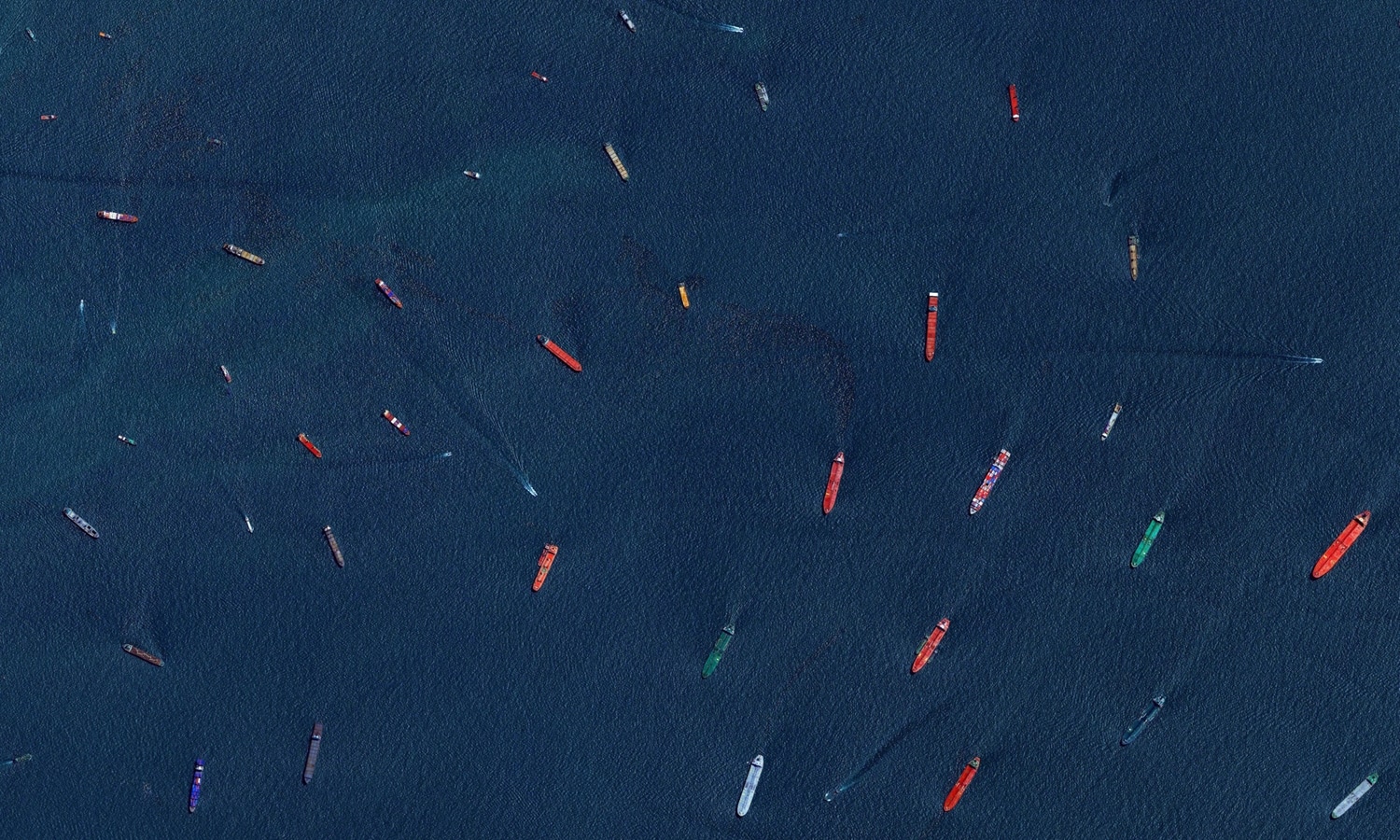Human impact on this planet is evident, we modified ecosystems and landscapes. Since day one of our appearance on Earth we tried to know, understand and ultimately control our surroundings. Travelers all over the world constantly look for untouched lands and real nature, although lately this is harder and harder. After a long research, scientists now say that untouched nature is almost entirely gone.
This research was led by Archaeologist Nicole Boivin (University of Oxford and the Max Planck Institute for the Science of Human History in Germany) with the help of fellow researchers. They analyzed existing archaeological studies and looked at new datasets on ancient DNA and microfossils, along with statistical models. The results showed that human impact began much earlier the so-called Age of Discoveries, when Europeans started to travel, spread diseases, conquer and claim untouched lands. The experts were able to date the beginning of human impact on Earth many thousands of years before, in the Late Pleistocene.
According to them the event which had dramatic consequences on ecosystems was the decline of the megafauna, between 50.000 and 10.000 years ago. After this the implementation of agriculture shaped even more our landscapes and had a dramatic effect on plants and animals, creating "unprecedented and enduring impacts on species distributions". New species were introduced in islands or remote areas in order to feed humans or produce materials and this impacted on indigenous species, which decreased dramatically.
"Archaeological evidence is critical to identifying and understanding the deep history of human effects" said Boivin. "If we want to improve our understanding of how we manage our environment and conserve species today, maybe we have to shift our perspective, by thinking more about how we safeguard clean air and fresh water for future generations and rather less about returning planet Earth to its original condition".
In brief, what they are trying to prove is how an "original condition" is something that hasn't existed for so long (thousands of years), we only have a discussion about how we want to preserve and defend our planet, rather than picturing a future where we would restore a "nirvana" that is only present in our romantic view of nature.
"Rather than an impossible return to pristine conditions, what is needed is the historically informed management of emerging novel ecosystems to ensure the maintenance of ecological goods and services" the authors explain in their study, Proceedings of the National Academy of Sciences. "Such efforts need to account for the needs of all stakeholders and balance local livelihoods against first world agendas".
Source: University of Oxford. Image: Daily Overview

Share your thoughts and join the technology debate!
Be the first to comment